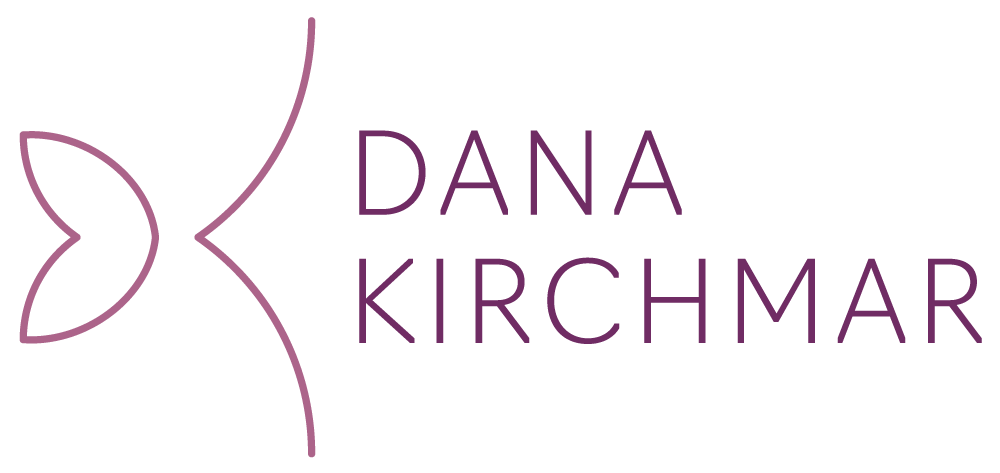
Music Technologist - Striking the Right Chord in a Digital World
What's the Gig?
Are you a music lover who's also intrigued by technology? As a Music Technologist, you don't just play instruments; you adapt and invent new ones or modify existing ones to create sounds beyond imagination. Imagine composing for virtual orchestras, integrating AI into live performances, or even developing wearables that translate body movements into music. It's about blending your love for music with the power of technology.
What's on Your Desk?
Your workspace could be a wild blend of traditional instruments, MIDI controllers, a computer stacked with cutting-edge music software, and perhaps some wearable tech or DIY electronics. You're not just reading sheet music; you're coding the future of sound.
Skills and Schooling
Bachelor's Degree: In Music Technology, Electronic Music, or even Computer Science.
Instrument Proficiency: Knowing one or more instruments is essential.
Coding Skills: Familiarity with Max/MSP, Python, or JavaScript to create unique soundscapes.
Digital Audio Workstations (DAWs): Software like Ableton Live or Logic Pro X should be in your toolkit.
Innovation: Be ready to push the boundaries of what's possible in music.
Who Will You High-Five?
You'll collaborate with musicians, producers, software developers, and sometimes even scientists or engineers. The field is super interdisciplinary, and your project team might just be as eclectic as your instruments.
Where You Could Hang Your Hat
Recording Studios: Think Abbey Road but with more robots.
Music Labels: Enhancing live performances or studio recordings with tech.
EdTech Companies: Developing music education software.
Tech Firms: Companies like Apple and Google who are pushing the boundaries in music tech.
Universities: Research in the field of music technology.
Why You Might Just Love This
Creativity: There's no limit to the sonic worlds you can create.
Collaboration: Working with a range of talents keeps things exciting.
Impact: Whether it's in entertainment or therapy, the applications are limitless.
A Day in the Life of a Music Technologist
Morning: Inspiration and Exploration
9:00 AM: Start the day by listening to some tunes, maybe even jot down some ideas or doodles.
10:00 AM: Review current projects and upcoming deadlines. Do some coding or sound editing.
Midday: Testing and Experimentation
12:00 PM: Work hands-on with instruments or tech, experimenting with new sounds or functionalities.
Afternoon: Team Time
2:00 PM: Meetings with musicians, developers, or other collaborators. Share updates and brainstorm.
3:30 PM: Continue hands-on work, perhaps doing some recordings or fine-tuning a software.
Evening: Staying Updated
6:00 PM: Catch up on industry news or watch a webinar. The field is ever-evolving, and so should you.
The Final Word
Being a Music Technologist is like being the conductor of a futuristic orchestra—except some of your musicians might be robots, and the music sheets look like lines of code. If you've got rhythm in your bones and a love for all things tech, this is your stage. 🎶💡
